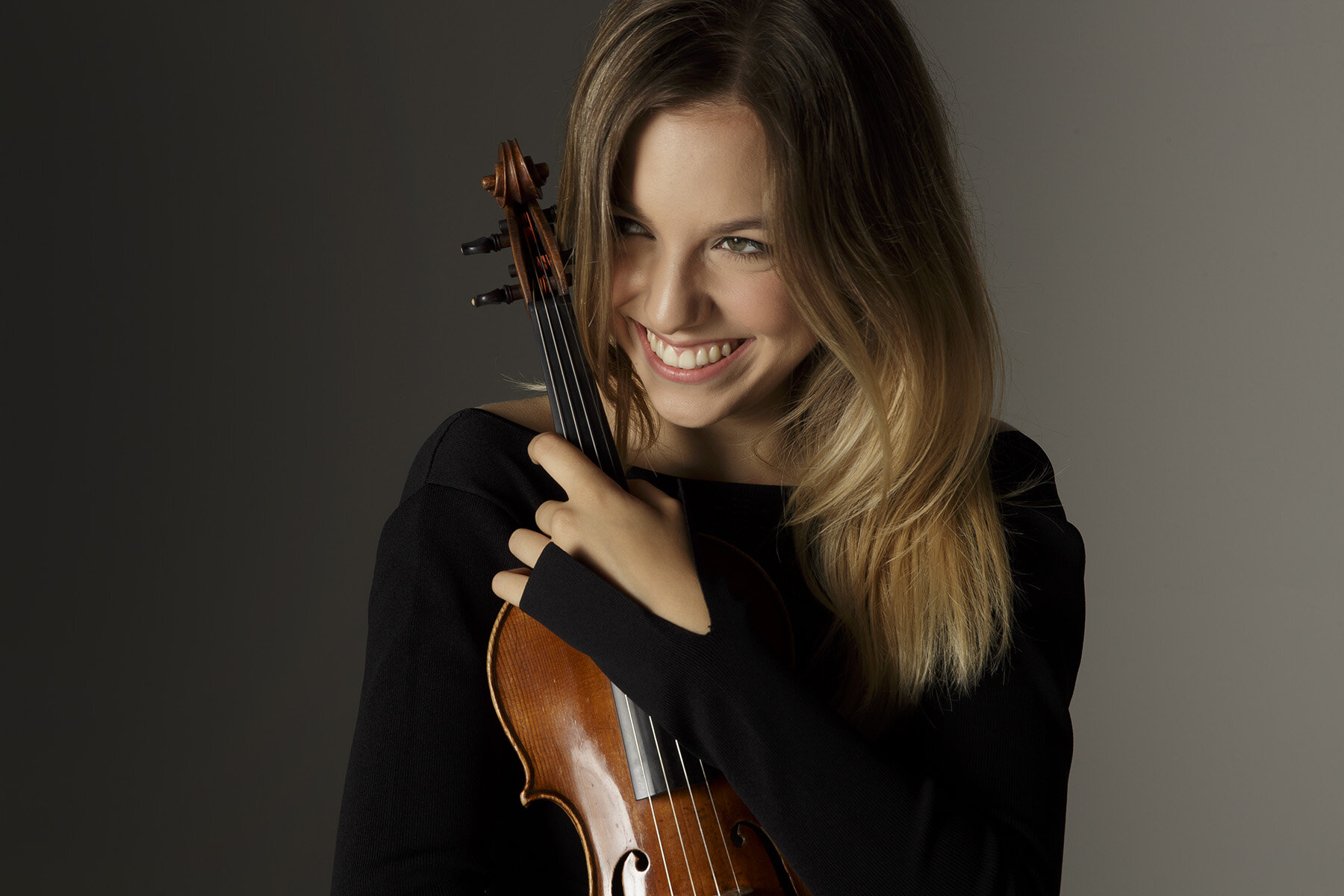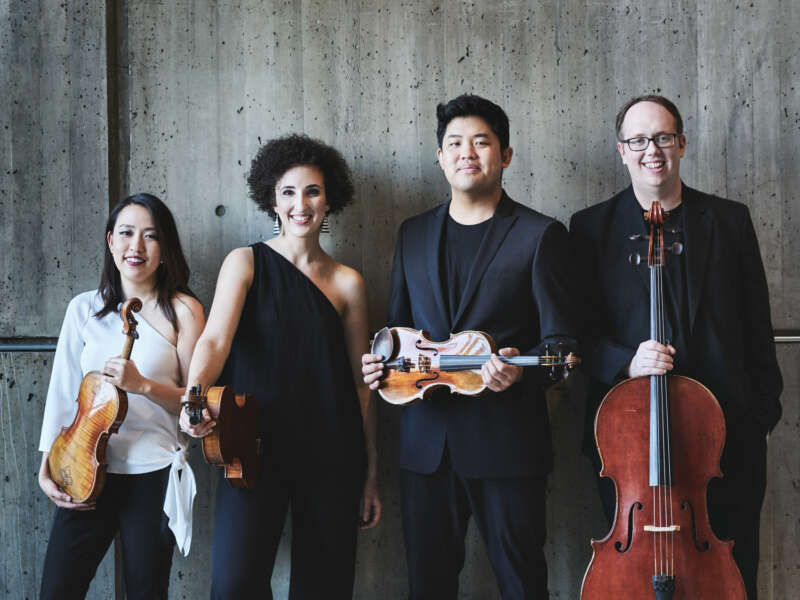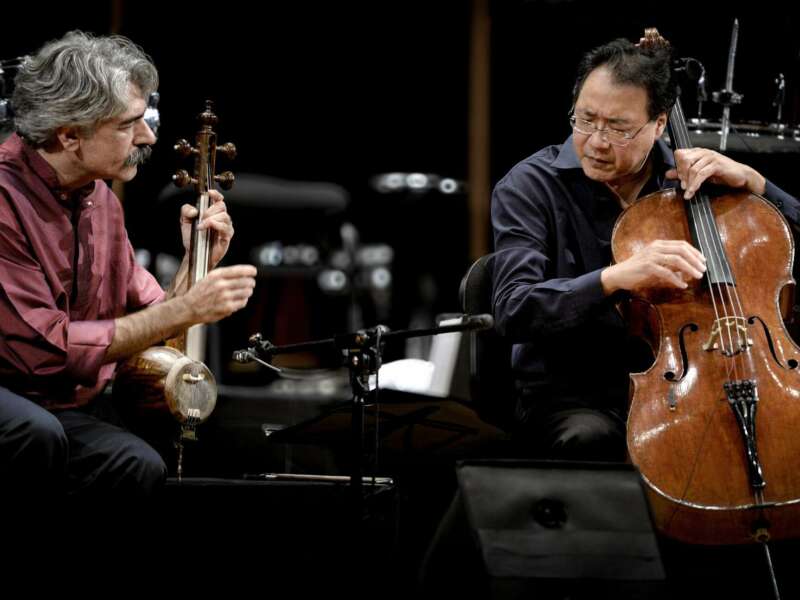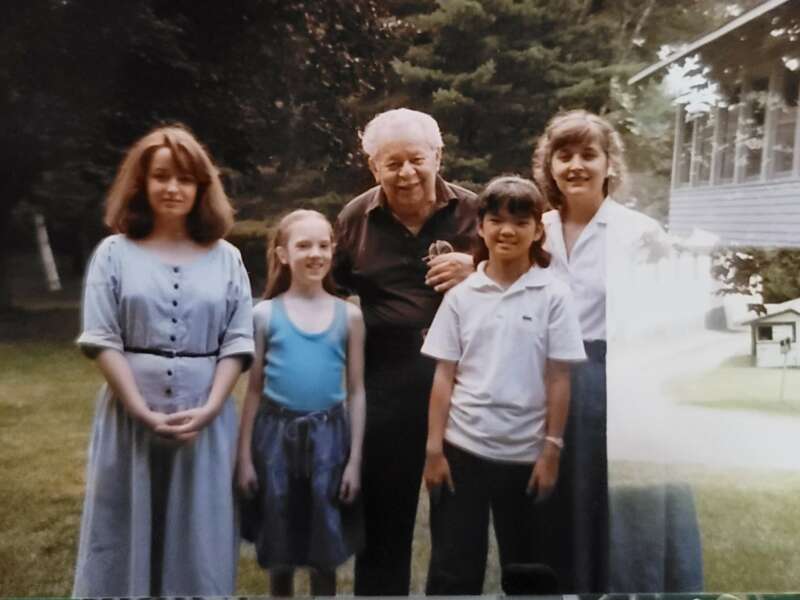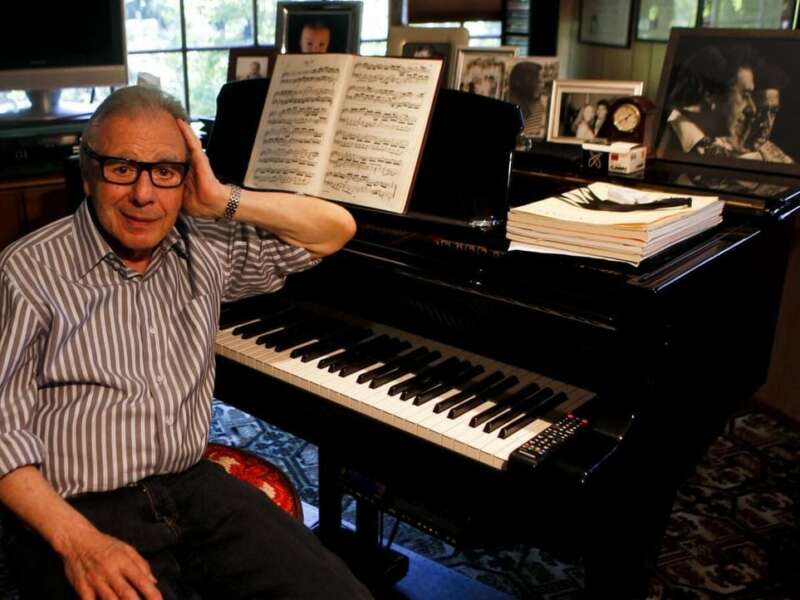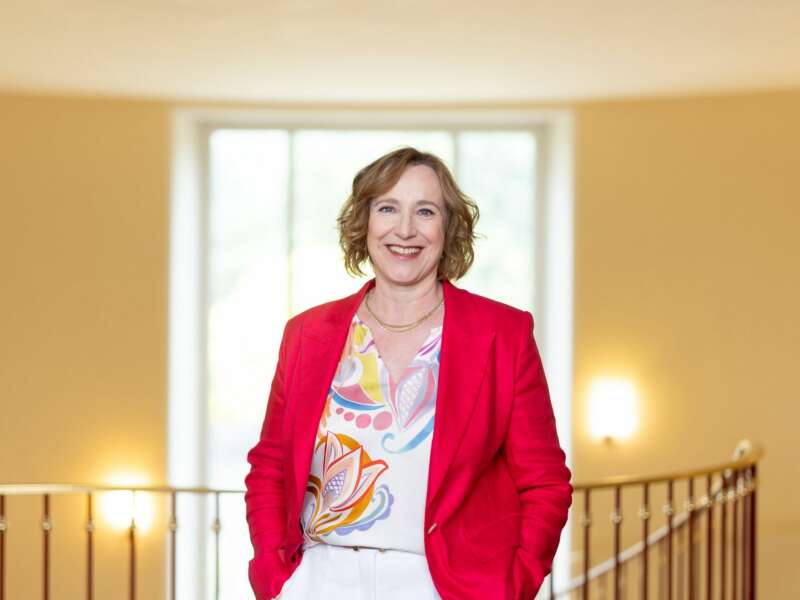Violinist Clarissa Bevilacqua Discusses Her Approach to Programming
We got to know the young violinist in advance of her Classeek recital in February
On February 8, The Violin Channel will be coming to you from the Classeek recital space in Switzerland for a unique solo violin recital by Clarissa Bevilacqua.
The First Prize, Audience Prize, and Special Barenreiter Award winner of the International Mozart Competition Salzburg, Clarissa currently serves as Artistic Director of DYNAMIKfest, a classical contemporary chamber music festival based in Salzburg, Austria. She joined the artist roster of the Classeek Ambassador Programme for the 2023-2024 season.
We had the chance to talk to Clarissa about her upcoming program, her goals, and her Claseek experience!
What went into programming your upcoming recital with Classeek?
One of my favorite things to do is create programs for different occasions and events.
Firstly, I love to program contemporary and classical music together. It's really fun to honor where we've come from, and the composers that we love like Bach and Kreisler, but I think it's also important to educate myself and the audience on different kinds of contemporary music.
The Classeek program begins by comparing two American contemporary composers who have a very similar background: A.R. Thomas and Wynton Marsalis. They both play trumpet and are very inspired by jazz in their compositions, but the two pieces are complete opposites of each other. I am half American, so I find it very interesting to analyze the American contemporary music scene from this performance point of view.
Then we have Kressler and Hindemith, who studied in Austria like I did. I studied at the Mozarteum University, and I actually remember seeing Hindemith’s name on the wall every time I walked in. The sonata I will be playing is one that Hindemith wrote when he was still young and studying, just like me.
And then we have Bach and Ysaÿe, which is the more obvious duo, of course, but the third Partita by Bach and the second Sonata by Ysaÿe have a lot in common. Ysaÿe even quotes Bach directly.
The program is rather short but puts together six completely different people and tries to find the similarities and comparisons between them. I hope it stretches the imagination a little bit. It's a really personal program as well — every piece ties in with my life in some way. I'm excited to be able to talk about it and perform for the in-person and online audiences!
Why is it so important for you to perform more modern works?
It's imperative to understand how to play today's works as well as yesterday's works. We, as classical musicians, obviously work our whole lives on Tchaikovsky's Violin Concerto and Beethoven's. I fell in love with the violin and with music thanks to these composers.
But there's a whole world out there for which many music schools don't even account for. I was raised as a classically trained violinist, yet I had little education in it. I'm sure that's not the case in many schools, but in my case, I kind of had to discover contemporary music on my own.
Part of that discovery was having the honor of collaborating closely with one of today's most influential living composers, Augusta Reed Thomas. She's from Chicago, which is where I studied and lived when I was little. A two-year-long collaboration through COVID-19 resulted in a CD of her entire opus for violin solo. I also premiered one of her concertos.
It was so cool for me to see how the composition and revision process works. I loved being able to sit across from the composer and ask "Hey, how about we do this? What were you thinking here? And what were you doing here?" It's mind-boggling to me that performers don't seek out this opportunity more. I think it helps us figure out who we are as musicians.
Can you walk us through your Classeek experience?
My Classeek experience has been absolutely amazing. I was the open-call ambassador winner, so after sending in this application, I was ecstatic to learn that I was chosen! I've gotten to know most of the people on the team and they're just incredible, incredible people.
I have the most fun talking to them about my ideas. I have huge pages of notes with projects that I want to be doing. Usually when I tell people, they just kind of look at me with these big eyes and say "Okay, uh, great!" The team at Classeek, however, has not only listened but also showed interest and excitement. I feel incredibly supported and seen.
For my Classeek recital, I get this royal treatment because I get to go to Switzerland for three days, do a video and photo shoot, meet all of these people, and play in a beautiful space. I mean, it's kind of like every artist's dream.
How did you hear about Classek?
I followed them on Instagram! One day I saw they were doing publicity for the open call, and I just thought, why not? The power of social media can show you paths that you would have never considered going on. Of course, it can also be slightly destructive, but that just depends on how you use it!
What else do you have planned with Classeek?
We'll be doing the photo shoot and a video shoot soon, streaming my upcoming recital on The Violin Channel, and then there will be a few more concerts! But all TBA!
Other than practicing, how do you prepare for a solo recital like this?
On the day of the concert, my ritual is to do my makeup, which helps calm me down and is just my thing.
From a performance side, you need concentration and stamina in a solo recital, as you get no breaks! So, a week or two beforehand, I always try to eat well, exercise, and get eight hours of sleep a night.
At the end of a long practice day, going to the gym honestly changes everything. It gives me more energy, it makes me go outside. It's so important to take care of yourself!
What do you like about playing solo repertoire as opposed to playing in a chamber group or orchestra?
I'd say it's my incredible love for my instrument. Ever since I heard it for the first time, I was hooked. For me, playing solo repertoire is about experimenting and pushing the instrument to the limit. Of course, you can do that with a big concerto, or with chamber music, but it's more so about the collaboration then, which is another aspect that I love about music.
But when you're on your own on stage, you have to face some monsters, whether it be the sound production or being mentally "on" every single second. And I love that!
When did you know you wanted to be a concert violinist?
I started playing violin when I was about four and a half and it was just love at first sight. I saw it, I heard it, and I was like, "I want to do that." And my parents said, "Sure!"
I knew I wanted to do it professionally the first time I played on stage for a lot of people, which was when I was nine. I played in a big event for the Mayor's inauguration in Chicago in front of 10,000 people. Deep down I was nervous, but when I got on stage, it all faded away. I remember that moment very clearly because I had found another passion! Even if I couldn't be a violinist, I would still try to be on stage in some way.
Can you tell me about your festival? What is it? When did you start it?
DYNAMIKfest is one of my newer projects, as this year will see its second edition in October 2024. It's hosted in Salzburg, which has a high caliber of musical performances. In my four years of living there before moving to Berlin, I realized that the audience is like no other in the world there. They're incredibly attentive. They are so cultured. They have this incredible appreciation for music. You can hear a pin drop at a concert, it's quite something. However, I noticed that many young musicians don't have the chance to perform in Salzburg, and I wanted them to be able to experience this kind of audience.
With that in mind, I created a festival that highlights young musicians and young composers. We commission works, have composers in residence, host masterclasses, etc.
I named it DYNAMIKfest to convey that it's also sort of a party — a party of cultural exchange!
You're the Artistic Director of DYNAMIKfest. How does this work compare to your life as a performer?
Well, I'll tell you this right now. I have so much more sympathy for artistic directors. When I asked for advice from friends who are artistic directors and organizers, the first thing they said was that something will always go wrong, so be prepared to fix it.
I don't play at my festival, and it's so interesting to be on the other side. You get to see what goes on before and after the concert — from paying the artist to the legal aspects, taxes, etc. As a musician, you think of these things for yourself, whereas as a director, you're doing everything for other people. It's a great feeling.
I never thought I would be so satisfied listening to a concert either. When I sat down for the opening concert of last year, I felt such warmth and pride!
I have an active role, as small as it is, within the classical music scene. That's very inspiring for me because I can meet and commission all these incredible people and keep growing myself.
What are your goals in the next five years? What are your major aspirations as a violinist?
The main goal is to continue to experiment and perform interesting programs. I'm very lucky to have some chamber music groups and programs going, and to be able to play as a soloist with orchestras, so in general, I want to continue building my repertoire and playing as much as I can.
Most importantly, finding music that resonates with me will continue to be on my list of goals!


